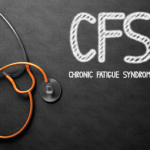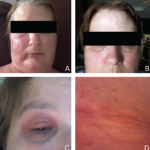MADRID—Researchers have found that systemic lupus erythematosus (SLE) is independently linked with bipolar disorder and say the findings point to a need for greater awareness of psychiatric problems in patients with SLE. In work led by investigators at Tel Aviv University in Israel and presented at the 2017 Annual European Congress on Rheumatology (EULAR), researchers…









